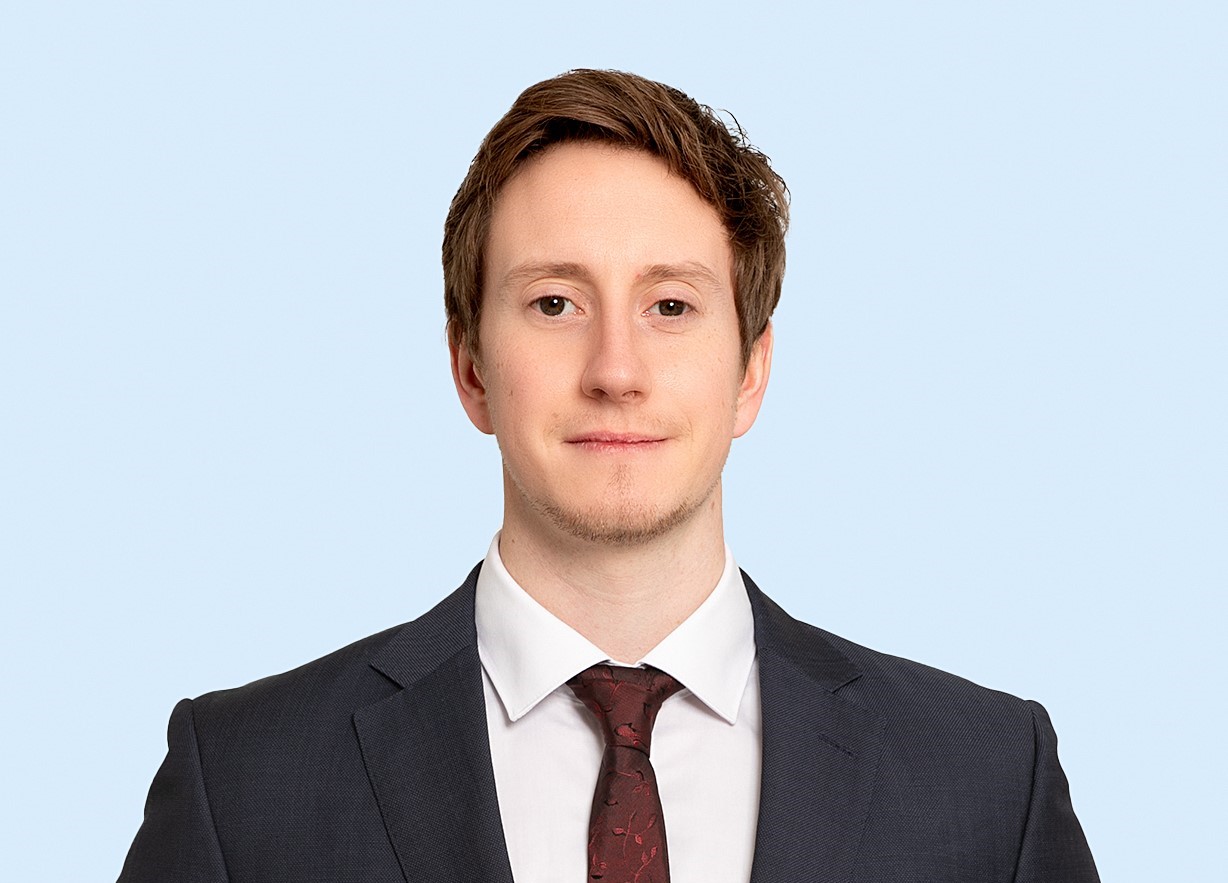
Tell us a bit about yourself
I’m from the UK, but back in 2017 I swapped the rainy hills of Scotland for the snowy mountains of Norway. I currently work as a Senior CMC Scientist at SoftOx Solutions AS, seeking new therapeutic options for chronically infected wounds. I am a chemist by training, with a B.Sc. Medicinal Chemistry and M.Sc. Biomedical Sciences from The University of Edinburgh. Here, I stayed for my Ph.D. in cancer research and drug discovery looking at novel therapies for melanoma. This is what brought me to Oslo, to continue researching new immunotherapeutics for leukaemia. After falling in love with Norway and through my career that followed, both as a Senior Research Scientist at Oncoinvent AS and now in my current position, I’ve had the opportunity work and lead projects that directly help patients, whether that’s supporting a clinical trial, researching & developing novel therapies, or even launching a product to market.
What is your role within EATRIS and what does a typical week look like for you?
I have quite a unique role within EATRIS. While I don’t specifically work for the research infrastructure, I often find myself volunteering (or being volunteered for I should say) to help increase public and scientific engagement for translational research. A typical week could include being asked to give a talk at a course, conference or on a YouTube video for example. For me, this is just a great way to connect with other scientists, hoping to follow a similar path as me.
What has been the highlight of your EATRIS experience so far?
The biggest highlight of my EATRIS experience was being invited back to present at the EATRIS TMex Winter School this year, which I attended in Barcelona back in 2019 when I was trying to figure out how to switch to translational research and actually help people with what I do. For me, this was very humbling, not only to look back and see that I have managed to achieve what I had set out attending this course but also to now be in the position to share that experience with others who are like me back when I first attended.
What is translational research for you?
For me, translational research is simple: in real-time, every moment I spend at the benchtop is working towards something that is directly impacting the improvement of treatment, the development of novel therapies and the betterment of patients’ lives. The ability to go from lab to patient, that’s translational research.
Why did you decide to work in the translational medicine field?
I love research and as a medicinal chemist, I’ve always been drawn to drug discovery and development. I am privileged to do something I’m very interested in; it is a huge bonus that through the work, I contribute to helping people. It just makes sense to work in the translational medicine field.
What advice would you give your younger self?
I think the biggest piece of advice I would give my younger self is, that you don’t have to have your life figured out. Nor don’t have to decide what type of science you will work in for the rest of your life from day 1. I have learned that just because you took a certain subject at university, there are still opportunities to completely change and do something else. For instance, I took chemistry and have met people who studied Economics that are now doing a Ph.D. in Biotechnology.
What do you like to do when you aren’t working?
Much like a lot of researchers here in Oslo, I am a keen climber. I also enjoy kickboxing, OCR racing, snowboarding and just about anything that can keep me active. I also love the tastier side of chemistry as I often brew beer, make cider and bake anything, from sourdough to cupcakes.
If you were a drug, vaccine or diagnostic, what would you be and why?
I would be Imatanib. This tyrosine kinase inhibitor for the treatment of BCR/Abl positive leukaemia was dubbed the ‘golden bullet’ for these types of cancers. It represents one of the first and most affective targeted cancer therapies that revolutionised our approach to cancer treatments and future therapeutic research.
What would surprise people to know about you?
I am a frequent runner of marathons and half marathons dressed up as a banana.
















